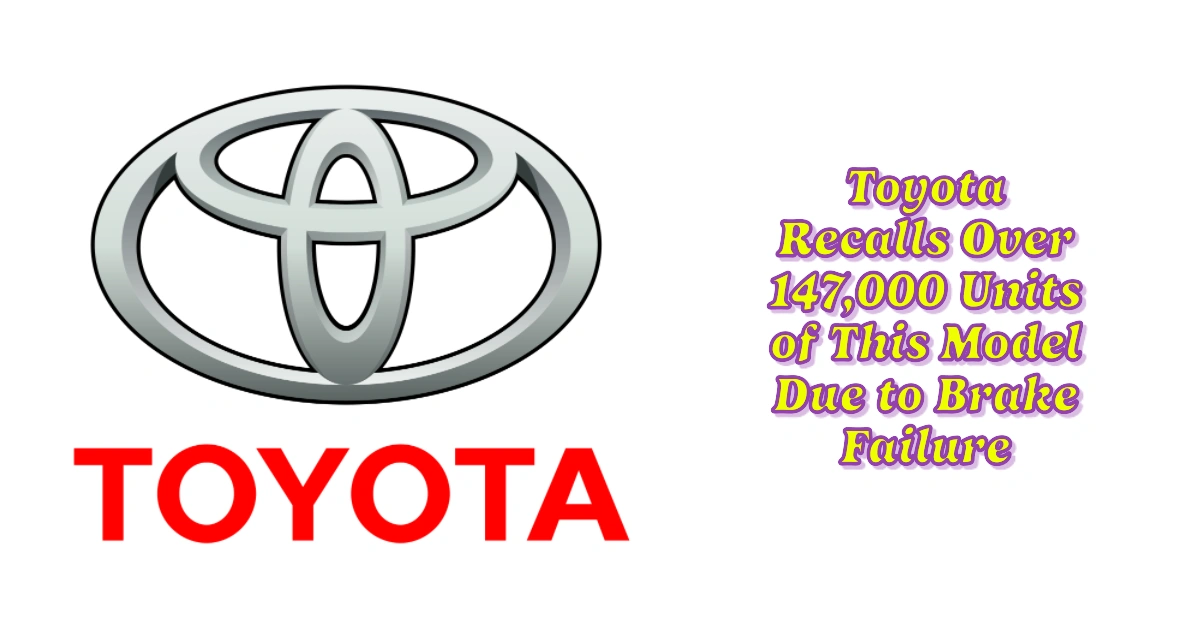

Canadian students face a variety of expenses, from tuition to housing and food, making financial management a critical part of student life. Fortunately, the Canada Revenue Agency (CRA) offers several tax credits and benefits that can help ease the financial burden. Here’s an overview of key tax incentives that Canadian and international students can take advantage of.
Table of Contents
Tax-Free Payments for Students
GST/HST Credit
The Goods and Services Tax/Harmonized Sales Tax (GST/HST) credit is a tax-free quarterly payment designed to assist low- and modest-income families in offsetting the taxes they pay.
- Eligibility: You must be at least 19 years old, a Canadian resident for income tax purposes, and meet specific conditions set by the CRA.
- Payment Schedule: The first payment of 2025 was sent on January 3, with the next installment scheduled for April 4.
- Maximum Amount: Eligible individuals can receive up to $533 annually.
Canada Carbon Rebate
Formerly known as the Climate Action Incentive Plan, the Canada Carbon Rebate (CCR) is a tax-free quarterly payment designed to help individuals and families offset federal pollution pricing.
- Payment Breakdown: The rebate includes a basic payment and an additional supplement for residents in rural or small communities.
- Eligibility: Residents in provinces like Alberta, Manitoba, Ontario, Saskatchewan, and others qualify for this rebate.
- Payment Amounts for a Family of Four:
- Alberta: $450
- Manitoba: $300
- Ontario: $280
- Saskatchewan: $376
- Other provinces vary.
The next payment is due on April 15, 2025.
Canada Child Benefit (CCB)
For students who are also parents, the Canada Child Benefit offers monthly tax-free payments to assist with the cost of raising children under 18.
- Benefit Increase: In July 2024, the maximum benefit increased by 4.7%, with further increases expected in July 2025.
- Maximum Payments:
- Children under six: Up to $7,787 annually.
- Children aged six to 17: Up to $6,570 annually.
- Next Payment Date: February 20, 2025.
Tax Credits Students Can Claim
Disability Tax Credit (DTC)
The DTC helps individuals with disabilities reduce their income tax burden.
- Maximum Credit: Up to $9,872.
- Additional Credit: An extra $5,758 for individuals under 18.
Tuition Tax Credit
Students can claim tuition amounts to reduce their taxable income.
- Unused Credits: Any unused tuition credits can be carried forward or transferred to a family member.
Interest Paid on Student Loans
You can claim a non-refundable tax credit for interest paid on government student loans.
Moving Expenses
If you relocated at least 40 km closer to attend school, you might be eligible to deduct moving costs. Eligible expenses include flights, moving services, temporary housing, and even costs associated with breaking a lease or selling a property.
New Benefit Provides Canadian Students with an Extra $150 Monthly
New CPP Benefit: Canadian Part-Time Students to Receive $150 Monthly in 2025
Is Dental Benefit Going to be covered in Canada in 2025 by Government?
Canadian Workers Can Receive Up to $566 from a CRA Benefit Payment This January
Tax Benefits for International Students
International students can also access certain tax credits and benefits.
- Eligibility: You are considered a Canadian resident for tax purposes once you establish sufficient residential ties in Canada, typically upon arrival.
- Required Documentation: A Social Insurance Number (SIN) is necessary to apply for benefits.
Final Tips for Maximizing Your Tax Benefits
Managing student expenses can feel overwhelming, but taking advantage of these tax incentives can make a significant difference. Whether you’re a Canadian or international student, be sure to explore your eligibility for these credits and benefits.
For more information, visit the CRA website or consult a tax professional to ensure you’re maximizing your financial opportunities.








Leave a Reply